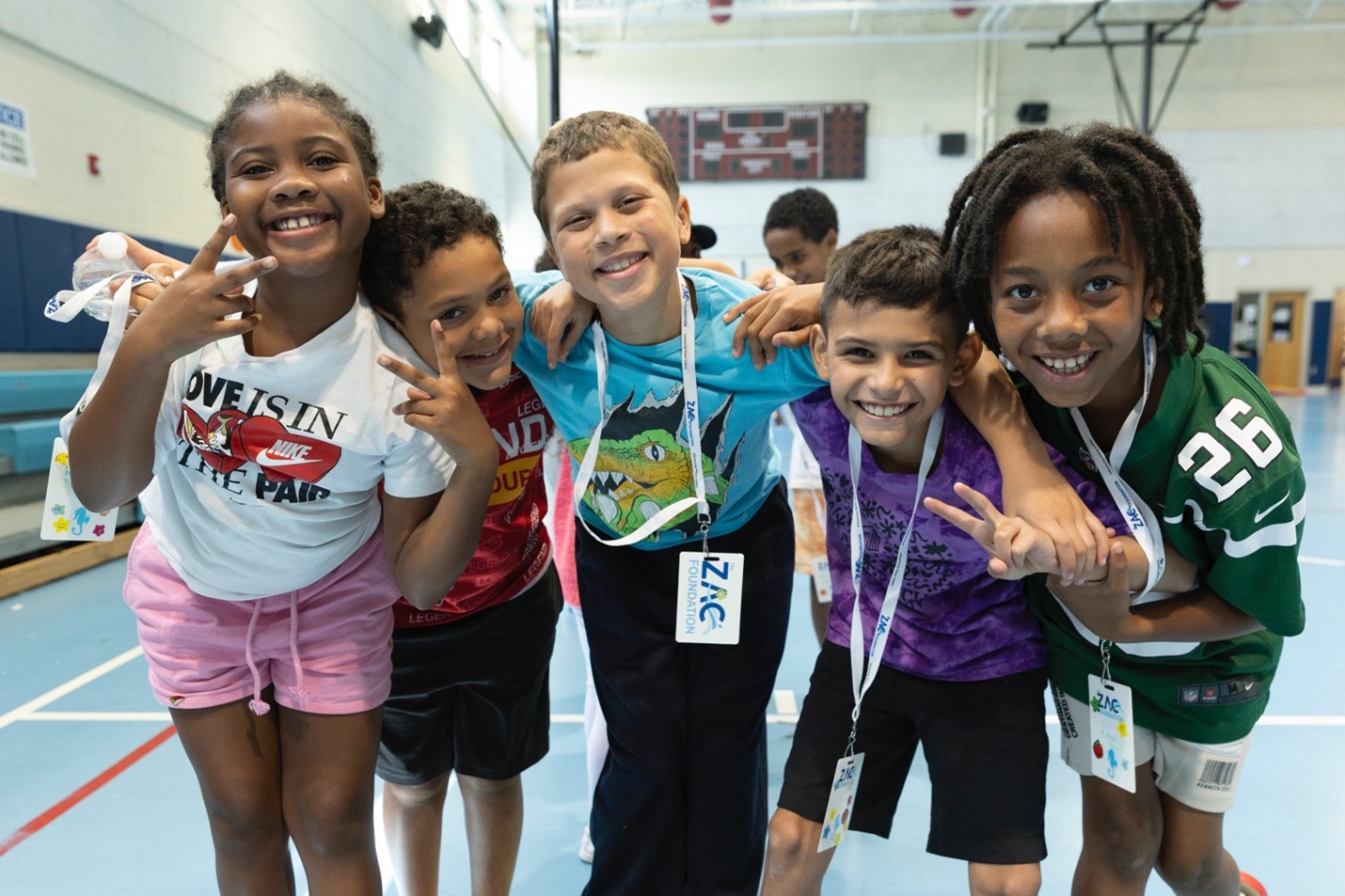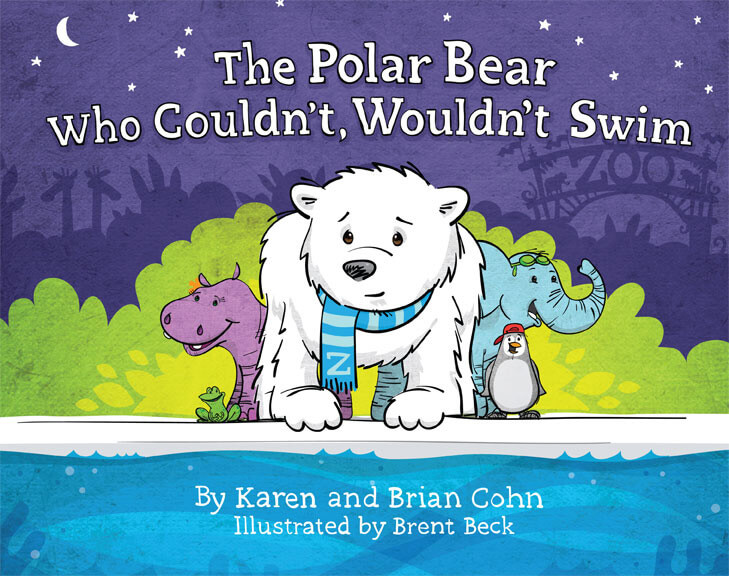
Swim Lessons
Campers jump into the water to learn about essential swim skills—such as how to safely enter and exit the pool, tread water, float, and react in case of an emergency. Done recurrently, swim lessons are proven to reduce the risk of drowning by 88% and can jumpstart a lifetime of water safety.

Classroom Activities
ZAC Camp participants engage in a fun and interactive classroom curriculum that teach the fundamentals of water safety. Through the A, B, C, D, and Es of water safety, children learn to swim with supervision, to stay away from pool drains, the importance of life jackets, and more.

Meet First Responders
During each day of camp, children meet local first responders – like firefighters, police officers, and paramedics. Through interactive demonstrations, campers learn how these professionals contribute to the community and develop trust in their important work.
Building Water Safety Skills Across the Country
Since launching, The ZAC Foundation has hosted 150 camps at more than 50 locations across 28 states, helping thousands of young swimmers gain water safety skills.
- Kodiak, AK 110 Campers
- Hueytown, AL 110 Campers
- Mobile, AL 767 Campers
- Little Rock, AR 110 Campers
- Colorado River, AZ 110 Campers
- Phoenix, AZ 223 Campers
- Fresno, CA 110 Campers
- Fullerton, CA 895 Campers
- Los Angeles, CA 770 Campers
- Pasadena, CA 110 Campers
- San Francisco, CA 225 Campers
- Bridgeport, CT 110 Campers
- Greenwich, CT 1,071 Campers
- Stamford, CT 670 Campers
- Westport, CT 100 Campers
- AAFB, DC 411 Campers
- Washington, DC 110 Campers
- Boynton Beach, FL 100 Campers
- Broward, FL 110 Campers
- Miami, FL 220 Campers
- Naples, FL 220 Campers
- Orlando, FL 650 Campers
- Albany, GA 336 Campers
- Atlanta, GA 110 Campers
- Fort Eisenhower, GA 110 Campers
- Oahu, HI 110 Campers
- Chicago, IL 881 Campers
- Wheeling, IL 100 Campers
- Fort Riley, KS 330 Campers
- Topeka, KS 110 Campers
- Billerica, MA 110 Campers
- Dorchester, MA 110 Campers
- Lawrence, MA 110 Campers
- Stoneham-Wakefield, MA 110 Campers
- St. Paul, MN 220 Campers
- Kansas City, MO 110 Campers
- St. Louis, MO 467 Campers
- Wilmington, NC 220 Campers
- Camden, NJ 1,318 Campers
- Trenton, NJ 440 Campers
- Paterson, NJ 550 Campers
- Passaic, NJ 109 Campers
- Clifton, NJ 110 Campers
- Queens, NY 342 Campers
- Columbus , OH 110 Campers
- Tinker AFB, OK 220 Campers
- Ontario, OR 110 Campers
- Philadelphia, PA 220 Campers
- Lincoln, RI 110 Campers
- Corpus Christi, TX 338 Campers
- El Paso, TX 110 Campers
- Houston, TX 879 Campers
- San Antonio, TX 660 Campers
- JBLM, WA 110 Campers
- Spokane, WA 110 Campers
- Green Bay, WI 787 Campers
- Milwaukee, WI 110 Campers
- Billerica, MA 110 Campers
- Dorchester, MA 110 Campers
- Lawrence, MA 110 Campers
- Stoneham-Wakefield, MA 110 Campers
Community Drowning Prevention Efforts
Who are our Partners?
ZAC Camps are held in partnership with local organizations across the U.S. This includes the Boys & Girls clubs, who we’ve partnered with for over a decade!
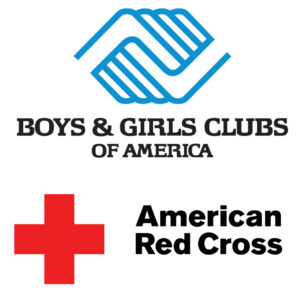
Making an Impact, Together
With the continued lifeguard shortages and unexpected weather events, drowning numbers continue to increase. Let’s all think about how we can contribute to drowning prevention efforts in our communities.
Here are some ways to bring water safety education to your communities:
- We invite parents to encourage teens to become lifeguards
- Review our Pre-Summer Water Safety Checklist
- Stay informed about Nationwide Water Safety Initiatives
A key component of the ZAC Camps is learning the importance of following the A, B, C, D, and Es of water safety:

A is for Adult
Children should never have access to any form of water without an adult who has eye-to-eye contact with them.

B is for Barrier
Barriers, like fences and gates, should restrict children’s access to all forms of water. Children need to know how important barriers are and their role in making sure that the barriers are in place.

C is for Classes
At the appropriate age, children need to take swimming lessons. Each family should discuss this with their pediatrician to decide when their child is ready for swimming lessons.

D is for Drains
Pool drains are dangerous to all swimmers. Children should never swim near pool or hot tub drains. Children should be taught to tell an adult if they see a broken or loose drain cover and should NOT return to the pool until the drain cover has been replaced.
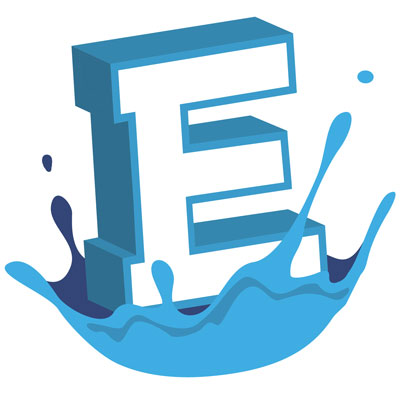
E is for Everywhere
Water is everywhere around us! It’s in bathtubs, buckets, pools, beaches, canals, lakes, ditches, fish tanks, toilets and even our pet’s water dish! It is important to teach children (and adults) to pay attention to the water around us and to practice safer behaviors around all forms of water. Water is fun but water is also dangerous and should be respected.
In addition to swim lessons and safety classes with first responders, ZAC Camp participants learn the fundamentals of water safety from a fun and engaging classroom curriculum based on “The Polar Bear Who Couldn’t, Wouldn’t Swim,” a children’s book written by ZAC Foundation Co-Founders Karen and Brian Cohn.
The story follows the journey of a young polar bear named Zeke who is afraid of the water and refuses to swim. He leaves his home in search of other animals who do not swim, and ends up finding that he can enjoy the water if he follows the A, B, C, & Ds of water safety.
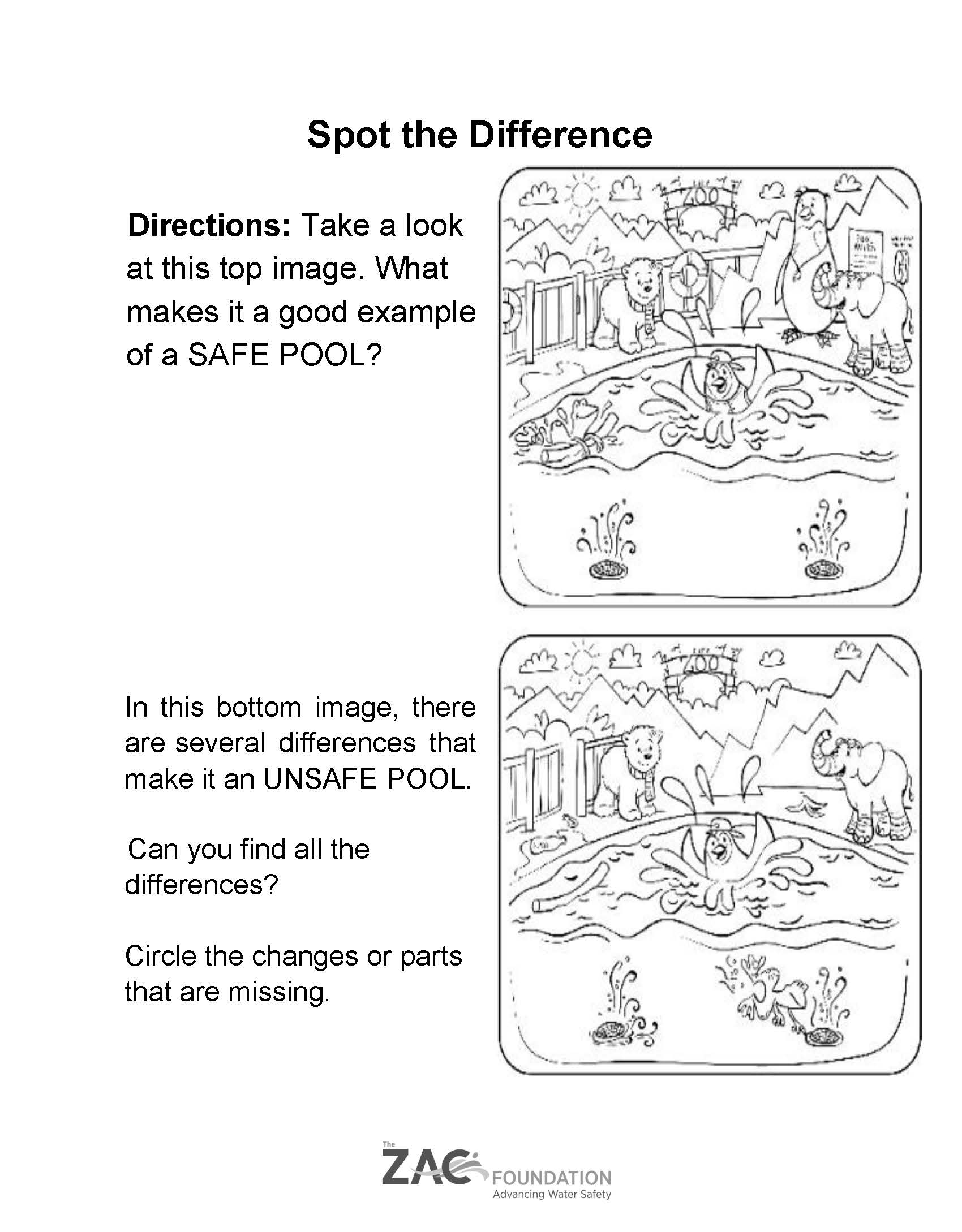
We have created a few activity sheets for different age groups so children can reinforce core water safety messages and the ABCDs. While they are based on “The Polar Bear Who Couldn’t, Wouldn’t Swim,” you don’t need to read the book in order to complete and color these mazes, puzzles, etc.

